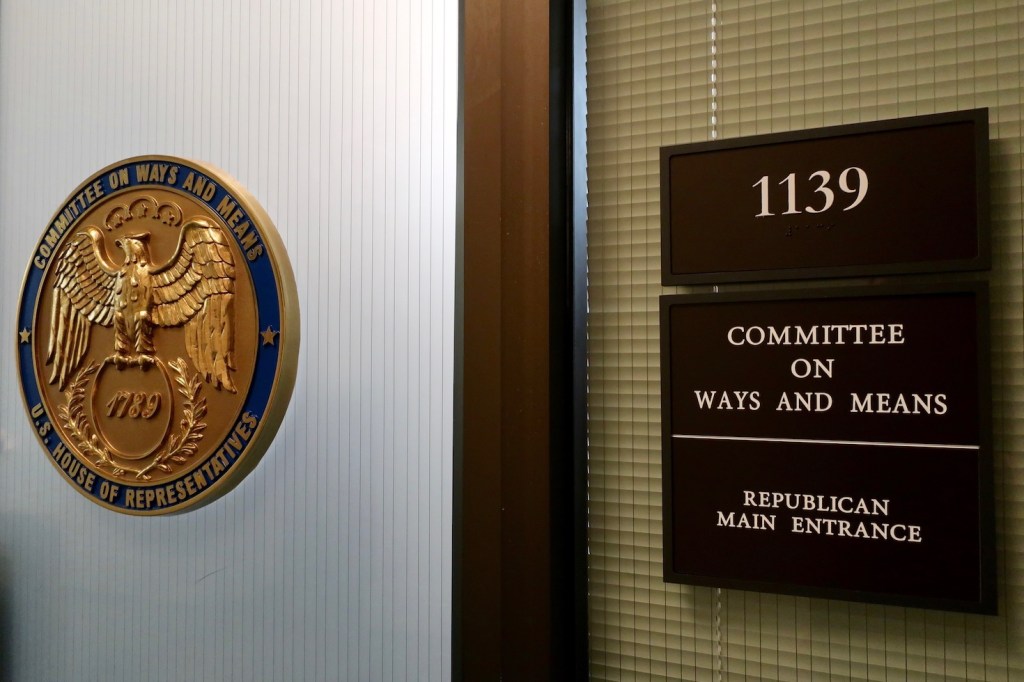House reconciliation bill targets clean energy: what you need to know
May 14, 2025
Short answer: The proposal cuts nearly every relevant tax credit and fund created by the Inflation Reduction Act.
By
Leah Garden
May 14, 2025

Cuts in the bill affect a popular tech-neutral credit and all unused funding allocated for “green banks,” among others. Source: Shutterstock/DCStockPhotography
- The House Ways & Means Committee’s proposal is sure to impact companies currently relying on existing financial breaks and funding.
- Companies still have time to lobby against the loss of the IRA credits.
The House Ways and Means Committee released its initial proposal for a budget reconciliation bill, and it includes massive cuts to clean energy tax credits established by the 2022 Inflation Reduction Act (IRA).
The proposed cuts come on top of reductions proposed by the Energy and Commerce, Natural Resource and Transportation committees. They include:
- Early phase-out of clean energy credits. Originally scheduled to function through 2032, the Clean Electricity Production Tax Credit and Clean Electricity Investment Tax Credit would begin to fall away in 2029, leaving renewable energy projects with fewer years of financial incentives and companies with net-zero targets with fewer low-carbon options to power their operations.
- Pullback of Department of Energy loans. Rescinding unspent billions in funds from the Loan Program Office would severely limit the impact of the Advanced Technology Vehicle Manufacturing Loan Program, which bolsters American auto manufacturing; the Energy Infrastructure Financing Reinvestment Program, which subsidizes new clean energy projects and the revitalization of communities affected by legacy energy production; and the Tribal Energy Loan Program.
- Shrinking the Greenhouse Gas Reduction Fund. While the EPA continues to be tied up in court as it attempts to defund the $20 billion allocated to “America’s green bank,” provider of clean energy and technology loans to local businesses and communities, the proposal would repeal any still-unobligated funds.
- Limiting the Advanced Manufacturing Credit. Businesses taking advantage of this credit, which supports the development of a domestic supply chain for renewable energy technology and energy storage components, would be prohibited from importing components or raw materials from “foreign entities of concern” — most critically China, causing companies like Ford, which announced the construction of a $3.5 billion electric vehicle battery plant in Michigan as a result of the credit, to reevaluate any current projects.
These four examples are but a fraction of the climate funding negatively impacted by the committee’s proposal. That said, companies can still lobby for the continuation of IRA credits until the House vote. In the meantime, we here at Trellis have a question for our readers:

Subscribe to Trellis Briefing
Get real case studies, expert action steps and the latest sustainability trends in a concise morning email.
Featured Reports
Search
RECENT PRESS RELEASES
Related Post




